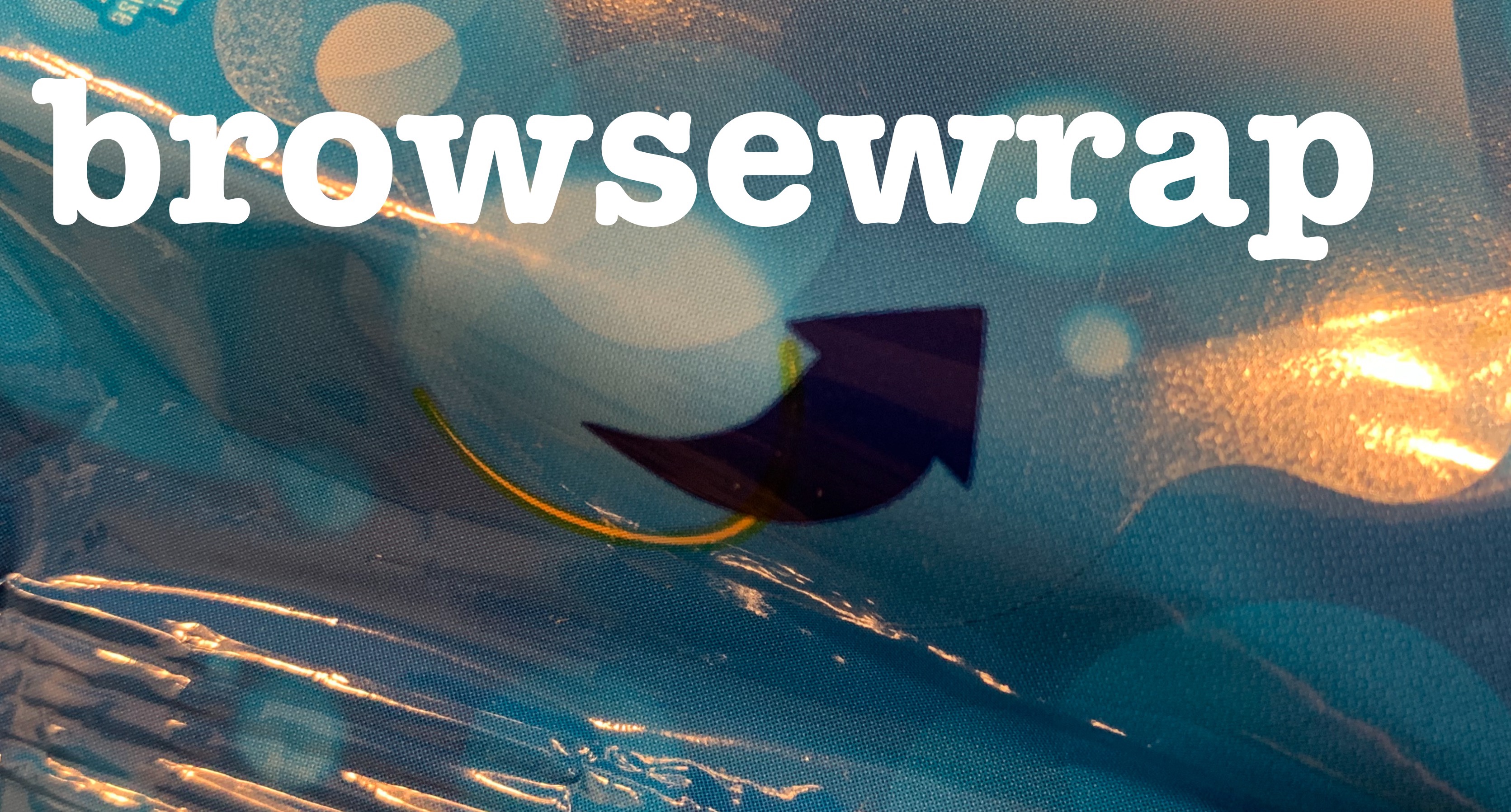Plaintiff sued defendant for copyright infringement over unlicensed use of plaintiff’s musical works in advertisements that defendant created and uploaded to YouTube. Defendant argued that the language and structure of plaintiff’s website – from which the works were downloaded – resulted in an express license or at least an implied license to use the musical works for commercial purposes. The court rejected these arguments and awarded summary judgment to plaintiff.
No express license
The basis for defendant’s argument that plaintiff’s website gave rise to an express license is not clear. In any event, plaintiff argued that a browsewrap agreement in place on the website established that the works could not be used for commercial purposes without the payment of a license fee. Citing to the well-known browsewrap case of Specht v. Netscape, 306 F.3d 17 (2d Cir. 2002), defendant argued that it did not have notice of the terms and conditions of the browsewrap agreement.

The court distinguished this case from Specht. In this case, plaintiff’s home page contained – similar to the case of Major v. McCallister, 302 S.W.3d 227 (Mo. Ct. App. 2009) – “immediately visible” hyperlinks that referenced terms of use and licensing information. A user did not have to scroll to find these links. So the terms and conditions of the browsewrap agreement were enforceable. Since the browsewrap agreement contained provisions requiring a license for commercial use, no reasonable jury could find that plaintiff had granted defendant an express license to use the musical works for commercial purposes free of charge.
No implied license
Defendant argued in the alternative that plaintiff had granted defendant an implied license to use the musical works, based on (1) plaintiff’s company name “Freeplay,” and (2) the absence of any conspicuous warning that the works were not available for commercial use.
The court found these arguments to be “easily disposed of.” Citing to I.A.E., Inc. v. Shaver, 74 F.3d 768 (7th Cir. 1996), the court noted that an implied license exists only when:
- a person (the licensee) requests the creation of a work,
- the creator (the licensor) makes that particular work and delivers it to the licensee who requested it, and
- the licensor intends that the licensee-requestor copy and distribute his work.
The court found that defendant failed to prove any of these elements. Defendant never asked plaintiff to create any works. Nor did plaintiff make any works at defendant’s request to be used in defendant’s YouTube videos. Moreover, given plaintiff’s paid license requirements for business use of the copyrighted works available on its website, it could not be said that plaintiff intended that defendant download and distribute those works free of charge. Accordingly, the court found that no implied license existed.
Freeplay Music, LLC v. Dave Arbogast Buick-GMC, Inc., No. 17-42, 2019 WL 4647305 (S.D. Ohio, September 24, 2019)
About the Author: Evan Brown is a Chicago technology and intellectual property attorney. Call Evan at (630) 362-7237, send email to ebrown [at] internetcases.com, or follow him on Twitter @internetcases. Read Evan’s other blog, UDRP Tracker, for information about domain name disputes.
